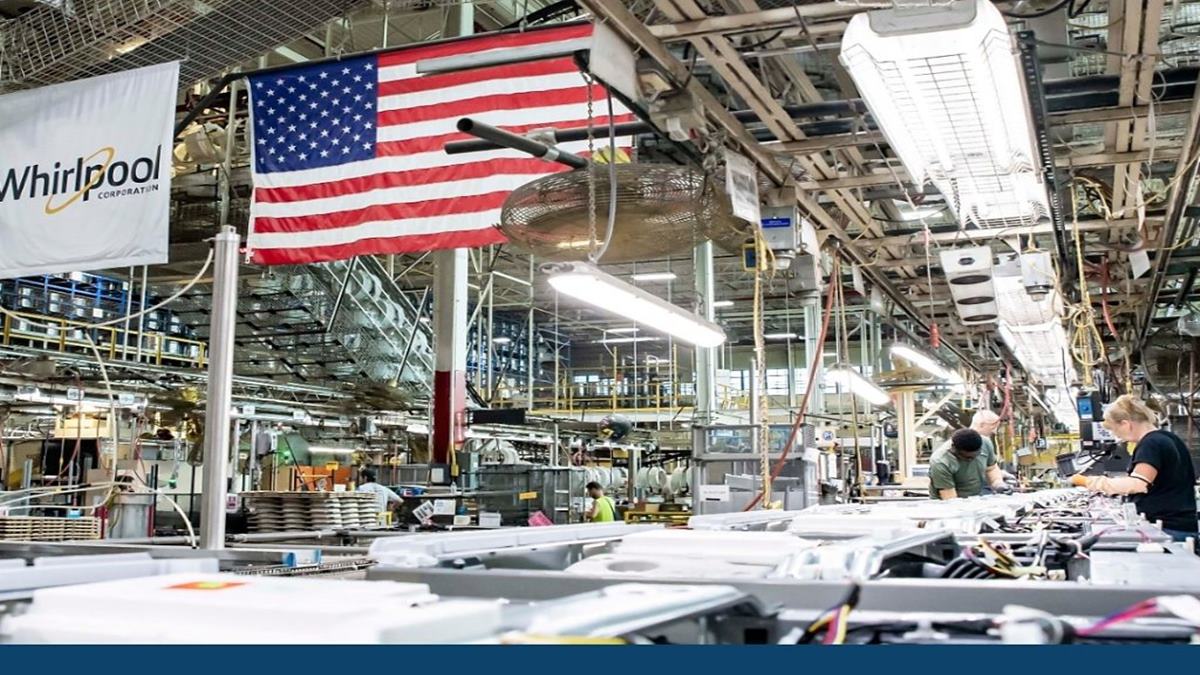At a time when artificial intelligence (AI) is reshaping industries and Gen Z is expected to shape the future of work, new research shows a surprising trend: their share in tech companies is shrinking fast.
According to the compensation intelligence platform Pave, which analysed real-time pay and workforce data from thousands of firms, the number of Gen Z employees in technology and adjacent sectors, such as FinTech and HealthTech, has fallen sharply in just two years.
Gen Z’s decline in tech
The report finds that the share of 21- to 25-year-olds in large public tech firms dropped from 15% in January 2023 to just 6.8% in July 2025 — a reduction by more than half.
Private tech companies showed a similar pattern, with this age group declining from 9.3% to 6.8% during the same period. Instead of welcoming more young professionals, tech companies are seeing their average workforce age rise.
At large public firms, the average employee age increased from 34.3 years to 39.4 years between January 2023 and July 2025. Private tech companies also saw a shift upward, from 35.1 years to 36.6 years.
AI investments close the door on entry-level jobs
The report attributes much of this decline to the surge in AI adoption. With companies like Alphabet, Amazon, Meta, and Microsoft collectively increasing AI spending to $320 billion in 2025 (up from $230 billion in 2024), many CEOs have openly signaled a reduction in headcount in favor of automation. Entry-level roles — typically the first rung for Gen Z workers — are among the hardest hit.
Disappearing pathways for young talent
Sales Development Representatives (SDRs), long considered a launchpad for fresh graduates into lucrative sales careers, are steadily disappearing. In January 2023, 1.98% of Pave’s dataset employees held SDR titles; by August 2025, this figure dropped to 1.45%. Though seemingly small, the decline represents thousands of lost entry-level jobs — and a shrinking pipeline for future sales leaders.
A generation at risk
With fewer opportunities to gain a foothold in tech, Gen Z risks being sidelined from shaping the industry they were expected to inherit. If current trends continue, the report warns of not only a lost generation of young workers but also long-term gaps in the leadership pipeline.




















